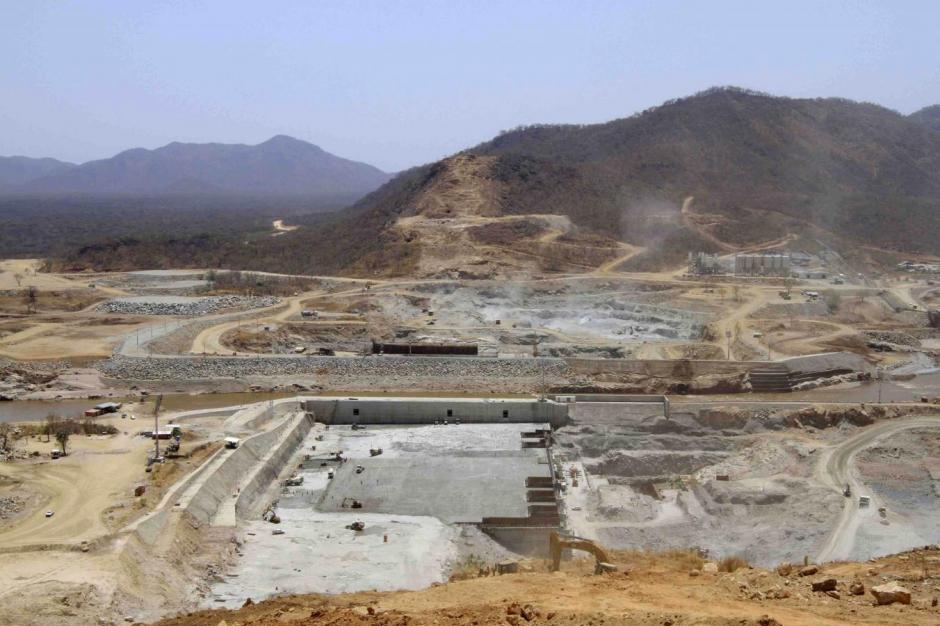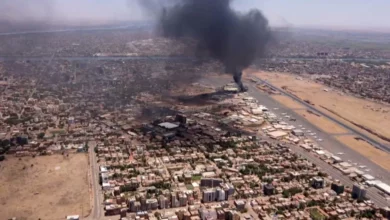
Ethiopian Prime Minister Abiy Ahmed announced that his country will start filling the Grand Ethiopian Renaissance Dam (GERD) reservoir to take advantage of the heavy rain season, assuring that this will not bring any harm to Egypt.
Ethiopia’s disagreements with Egypt over the operation and filling of the dam will be solved through African means, Abiy said in comments published by Al Arabiya TV.
Egypt’s Ministry of Water Resources and Irrigation had commented on reports that Ethiopia had started secretly filling the dam despite the negotiations with Sudan and Egypt.
A spokesperson from the ministry, Mohamed al-Sebaei, said there was no verified information on the matter.
Negotiations between Egypt, Sudan and Ethiopia are marching on, Sebaei said, and expressed hope that the meetings will lead to positive results.
The leader of Sudan’s Forces of Freedom and Change claimed that all evidence points to Ethiopia having begun secretly filling its dam, causing water shortages in Sudan during July.
The Sudanese newspaper Al-Rakouba reported that the water flow shortage has exacerbated the country’s electricity crisis.
And a Geology and Water resources professor at Cairo University used satellite imagery on Monday as evidence that Ethiopia had begun filling the GERD.
The Egyptian Ministry of Irrigation issued a statement two days ago on the Renaissance Dam talks, stating that overcoming the technical and legal disagreements is essential.
The statement continued: “For the fourth consecutive day, talks continued on the Ethiopian Renaissance Dam under the auspices of the African Union and in the presence of ministers from the three countries and representatives of countries and observers, with the aim of discussing the filling and operation of the Renaissance Dam.”
The statement added: “The ministers started the meeting today with a reference to the discussions that took place yesterday at the bilateral level between countries and observers, in which each country presented its point of view in both the technical and legal aspects.”
“That was followed by the presentation of points of disagreement, from the point of view of each country, as well as the presentation of some alternatives and formulations to reach understandings on them,” the statement said, adding: “However, the differences are still essential in both tracks.”
Egypt, Sudan and Ethiopia held a second round of revived talks on Saturday, which continued discussing the rules for filling and operating the Grand Ethiopian Renaissance Dam (GERD) under the auspices of South Africa, the 2020 head of the African Union (AU).
The video-conference meeting was attended by eleven AU observers, three observers from the EU, South Africa and the US, AU office representatives, the AU commission and AU legal experts.
An Egyptian Ministry of Irrigation source said that these meetings will continue for two weeks and will attempt to reach a legal agreement regarding the GERD’s filling and operating, to reduce the risk of flooding to the three countries and provide protection against ongoing droughts.
The three countries presented their stances on the negotiations, which contained the outstanding technical and legal disagreements, and agreed to continuing the meetings in the presence of several observers and experts.
Edited translation from Al-Masry Al-Youm




